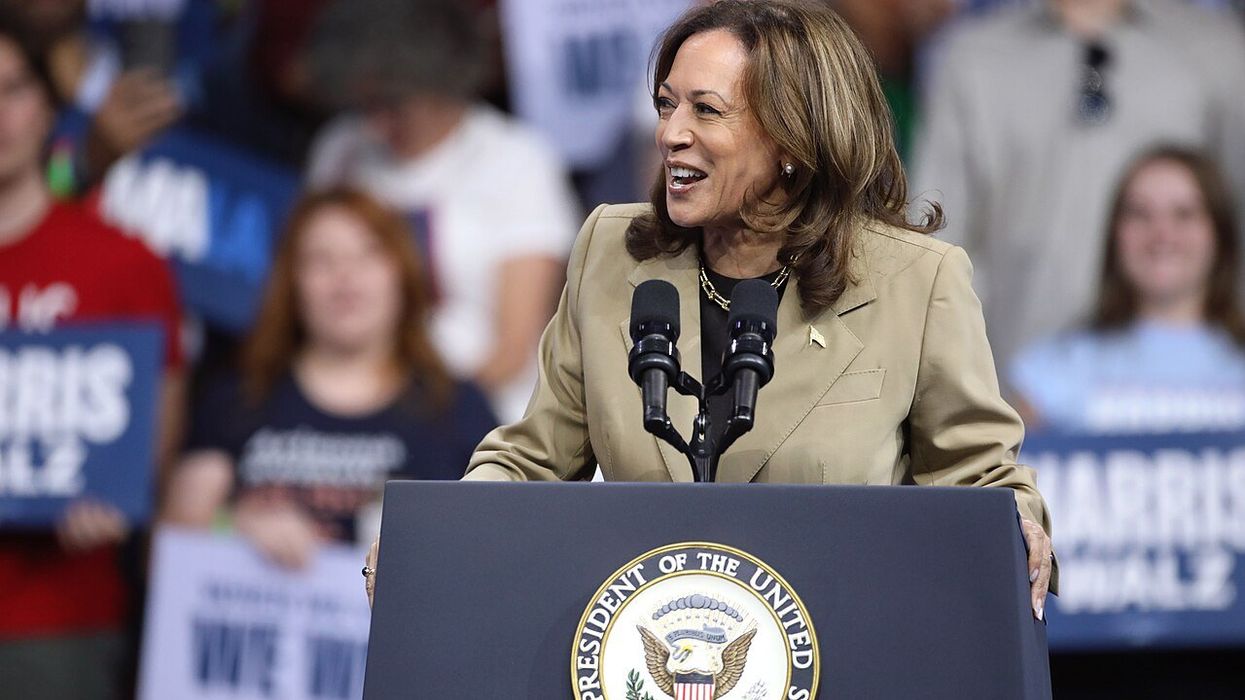If Harris wins but it’s extremely close in battleground states — what happens then?

Vice President Kamala Harris in Glendale, Arizona on August 9, 2024 (Gage Skidmore)
October 27, 2024 | 06:42AM ETBank
I’m hopeful that we’ll know by the morning of November 6 that Harris has the 270 votes necessary to win the Electoral College and the presidency. Assuming she wins, but the vote is extremely close in battleground states, what comes next? I see four possibilities:
1. She wins by a wide enough margin that Trump concedes. Even if the Electoral College vote is close, she’ll almost certainly win the popular vote by more than 5 million (my guess is closer to 8 million). Because Trump isn’t president, he won’t have the tools he had in 2020 to try to manipulate the outcome. He’s exhausted and increasingly demented, so he relents (even while arguing that he won).
2. So many counties and precincts are subject to rumors and suspicions of voter fraud that governors and legislatures in battleground states are unable to certify who won. Violence erupts. Trump voters march on state capitols and in Washington, demanding that Trump be certified and votes recounted and audited. Civil unrest consumes the nation. Everything is put on hold, including the January 6 certification.
On the other hand, we saw no violence during Trump’s Manhattan trial, even though he predicted it and all but invited his followers to take to the streets. The convictions and imprisonments of many Trump loyalists who participated in the violence on January 6, 2021, may have served as a deterrent.
3. Trump appeals the election in the Supreme Court. If the election is close in key battleground states, it seems likely that Trump and his team would spend November and December pressuring Republican state legislators in Wisconsin, Georgia, Arizona, and North Carolina (where Republicans control both chambers of the state legislatures) to send to Congress slates of electors pledged to Trump.
Harris, as vice president, would preside on January 6 when the votes of electors are certified. Presumably, she’d take note of the fact that Congress gave sole certification authority (under the Electoral Count Reform and Presidential Transition Improvement Act of 2022) to governors, not to state legislatures. She’d therefore disregard the Trump slates.
Trump would almost certainly appeal this to the Supreme Court, arguing that the Electoral Count Reform and Presidential Transition Improvement Act is unconstitutional under Article II of the Constitution, because Congress cannot control state legislatures. What does the Supreme Court decide? Given its makeup, it’s not hard to guess.
4. A contingent election. If no candidate gets the 270 electoral votes needed to be president, the 12th Amendment to the Constitution directs Congress to let the House of Representatives choose the president (and the Senate choose the vice president), with each state delegation getting one vote. Republicans control 26 state delegations; Democrats control 22, with two others evenly split. The GOP is favored to maintain that advantage, and Republicans would almost certainly choose to elect Trump president.
These four don’t exhaust the range of possibilities that might occur after November 5, but I think they are the most likely. Which gets us to today’s Office Hours question: What’s your best guess for what occurs if Harris wins, but votes in key battleground states are extremely close?
What’s your best guess for what occurs if Harris wins, but the votes in key battleground states are extremely close?
NOW READ: To hell with Trump's voters
Robert Reich is a professor of public policy at Berkeley and former secretary of labor. His writings can be found at https://robertreich.substack.com